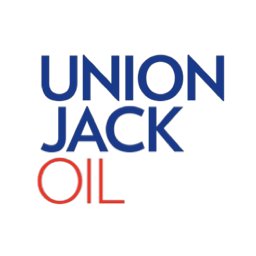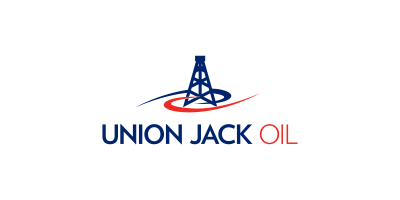Oil markets reacted positively as OPEC+ maintained its planned production increase for July, signalling a strategic approach to balancing market share and price stability.
The Organisation of the Petroleum Exporting Countries and its allies (OPEC+) announced on Saturday that it would proceed with a 411,000 barrels per day (bpd) production increase in July, mirroring the increments of the previous two months. This decision alleviated concerns of a more substantial hike that could have further pressured prices. In response, Brent crude rose by $1.34 to $64.12 per barrel, and U.S. West Texas Intermediate (WTI) increased by $1.52 to $62.31 per barrel.
The group’s strategy appears twofold: to reclaim market share and to enforce compliance among member nations. Countries like Iraq and Kazakhstan have been producing above their quotas, prompting OPEC+ to take a firmer stance. Kazakhstan, notably, has indicated it does not intend to reduce its output, challenging the group’s cohesion.
Analysts suggest that the consistent monthly increases are a calculated move to manage the delicate balance between supply and demand. Goldman Sachs anticipates a final 411,000 bpd increase in August, after which OPEC+ may hold production steady, considering potential demand slowdowns and the ramp-up of non-OPEC oil projects.
Despite these increases, global oil fundamentals remain tight. U.S. crude production, which reached an all-time high in March, may face headwinds due to sustained lower prices. Additionally, U.S. fuel inventories are low, and gasoline demand has spiked, indicating robust summer consumption. The number of active U.S. oil rigs has also declined for five consecutive weeks, reaching its lowest since November 2021.
However, challenges persist. Asian oil demand remains tepid, with China’s crude surplus hitting recent highs and imports dipping, reflecting weakening demand. Overall, Asian oil imports decreased by 320,000 bpd in the first five months of the year compared to 2024, despite a sharp drop in oil prices. This suggests that economic uncertainty, notably from U.S. President Trump’s ongoing trade war, could be suppressing fuel consumption and complicating OPEC+’s market strategy.
OPEC+’s decision to maintain its current production increase reflects a cautious yet strategic approach to market dynamics. By balancing the need to enforce member compliance and respond to global demand signals, the group aims to stabilise prices without triggering further market volatility. Investors should monitor upcoming meetings and data releases to gauge the potential impacts on oil markets.
Union Jack Oil plc (LON:UJO) is an oil and gas company with a focus on onshore production, development, exploration and investment opportunities within the United Kingdom and the United States of America hydrocarbon sector.





































